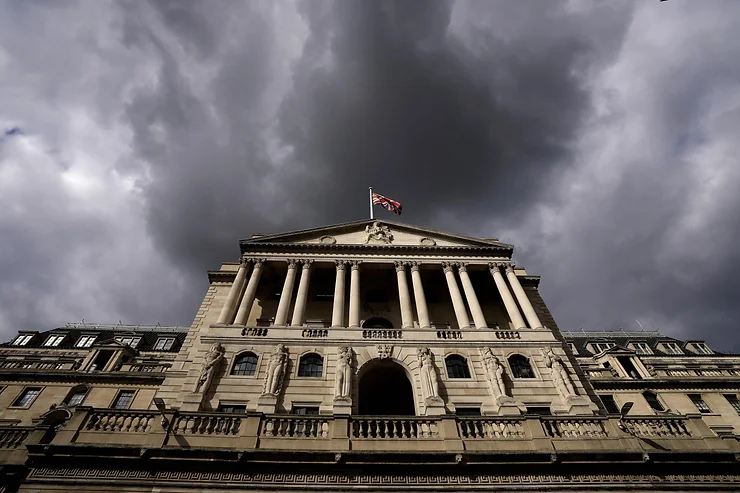Analysis of Bank of England data by Altenburg shows that the value of interest rate swaps held by banks has increased by 93% in just the last nine months, reaching £2.6tn. That’s the highest level since 2013 as businesses scramble to protect themselves against the impact of further interest rate rises.
Interest rate swaps allow businesses to lock in their interest rates for a fixed period of time. Swaps have made a major comeback over the past year as interest rates have risen repeatedly, driving up the cost of floating-rate borrowing (see graph below).
Value of interest rate swaps rises sharply as businesses hedge floating-rate loans

While swaps do provide businesses with a level of certainty around borrowing costs, there is also a risk that they could also fix those interest rates at too high a level making the business unable to benefit from a future fall in the Bank of England base rate (“Base Rate”). Swap rates are based on current market expectation for future interest rate movements, but expectations are not always a faultless predictor of where interest rates will end up.
If the Base Rate ends up lower than expected, businesses with swaps could be stuck paying fixed interest rates at above-market levels. In fact, expectations have grown in recent weeks that Bank of England rates will begin to moderate within the year and fall to around 2.75% to 3% over the next five years.
Businesses that wish to exit swaps in those circumstances could find themselves forced to pay substantial costs. This possibility raises questions about whether or not interest rate swaps are the best choice for businesses looking to protect themselves in the current environment.
There are other options that may be more suitable for businesses seeking to control borrowing costs, including interest rate caps and interest rate collars. Interest rate caps place a limit on how high floating interest rates can rise, but allow businesses to benefit from interest rate falls. Interest rate collars ensure interest rates can only move within a limited range, with a minimum and maximum rate.
We recommend that businesses consider all the options and take professional advice before locking themselves into an interest rate swap agreement. Alternative options may offer businesses some protection from rising rates, as well as help give them a competitive advantage over peers who are locked into swap agreements.
ACP Altenburg Advisory is part of ACP, a leading independent debt advisory association for SME and mid-market companies, advising clients on the options available to them and providing hands on support from day one all the way through to drawdown.
To learn more, please get in touch at theteam@altenburgadvisory.com.
